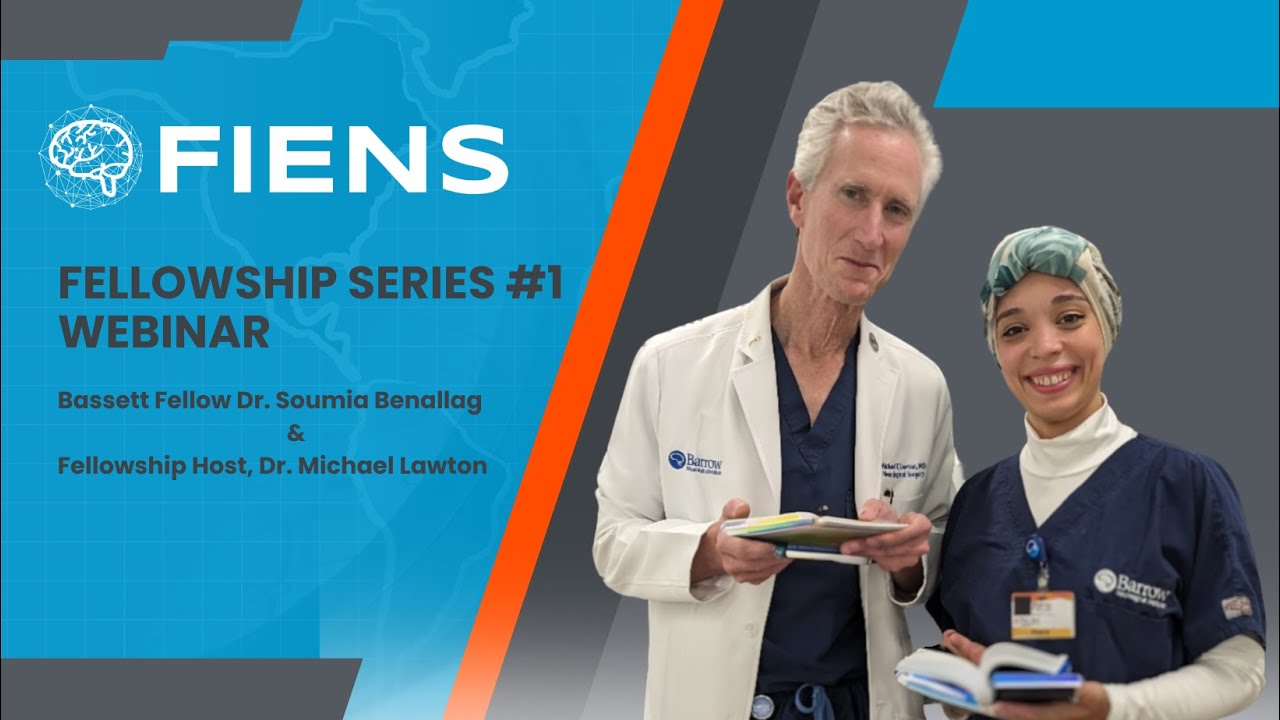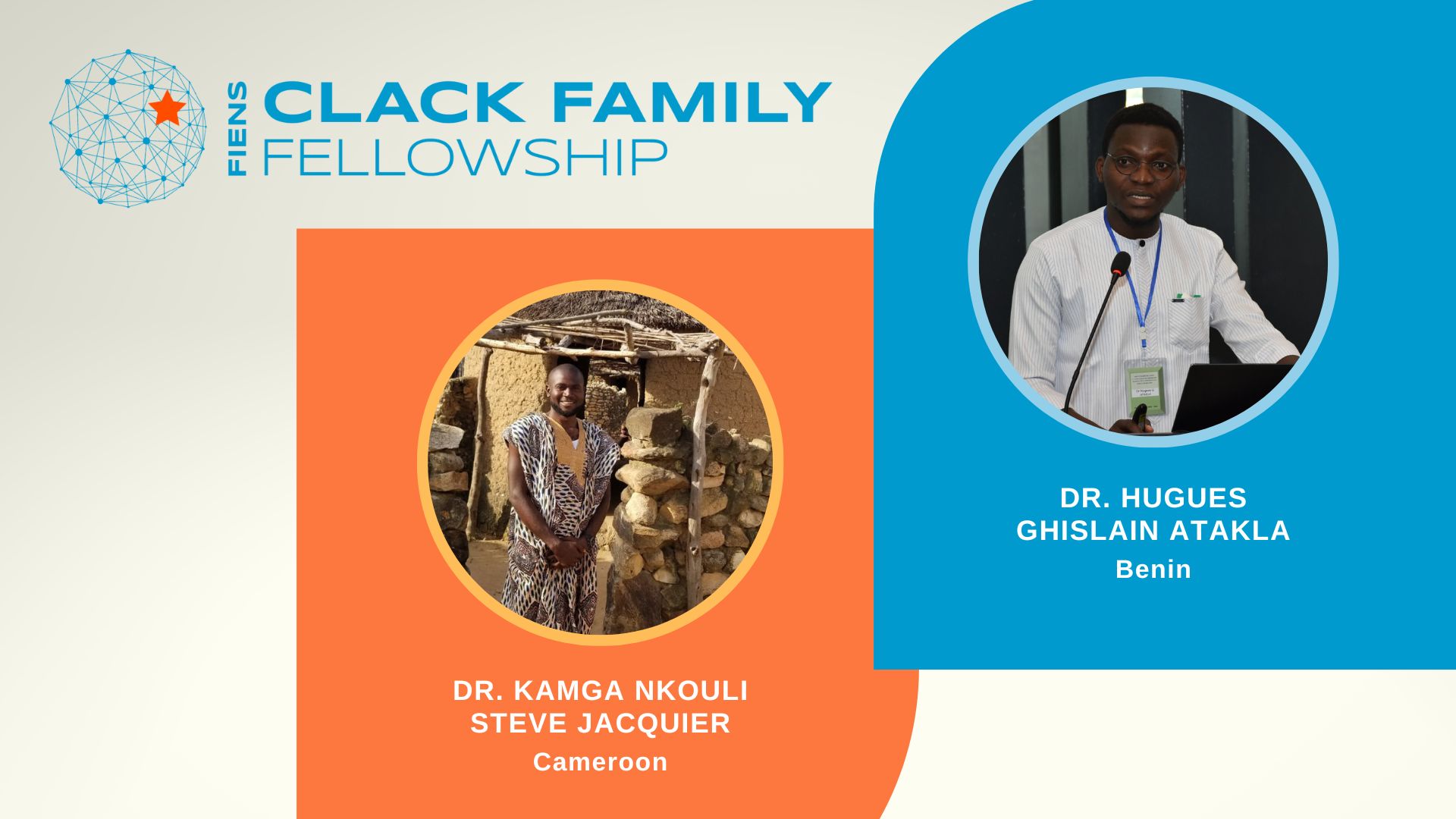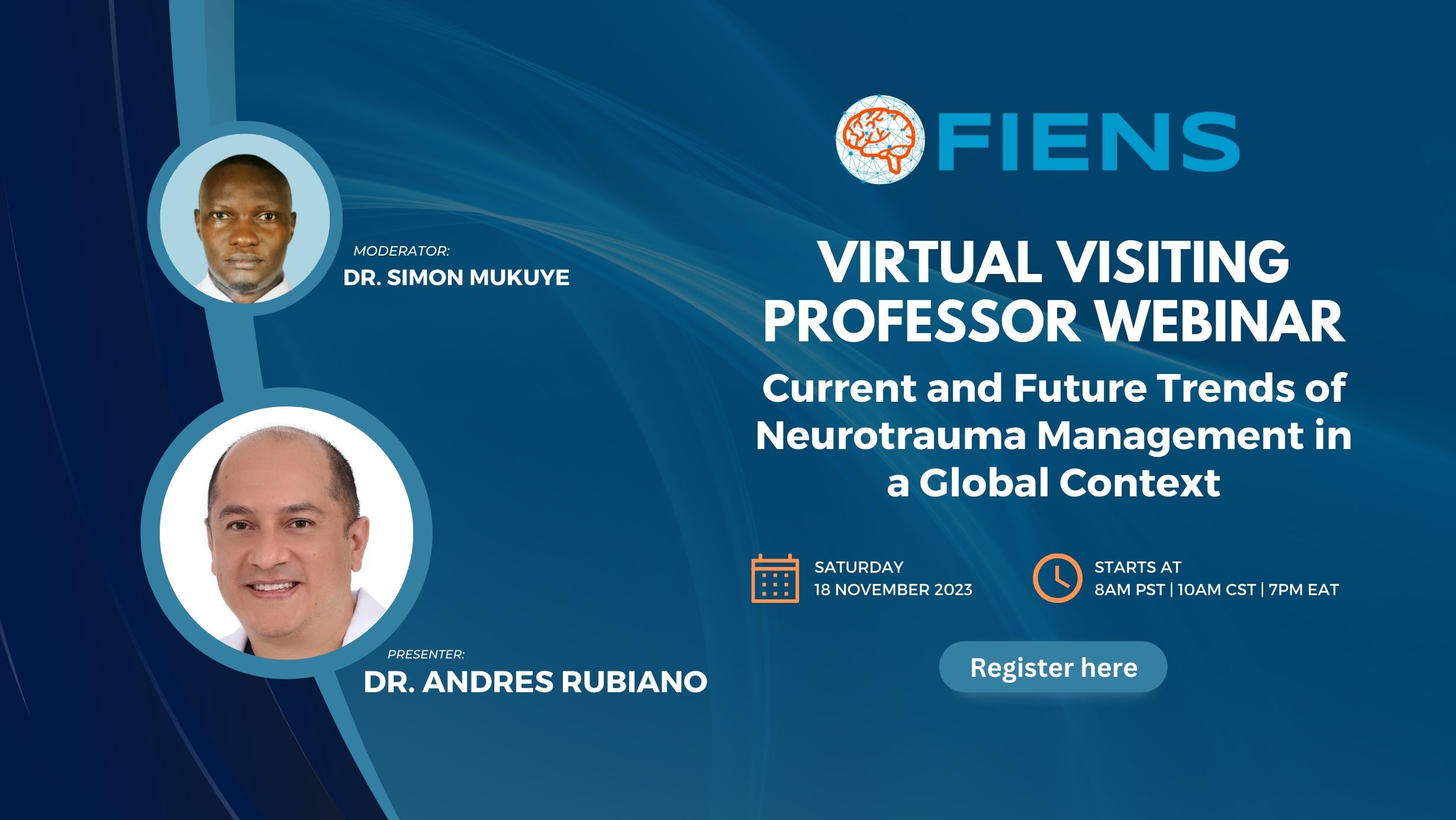Efforts to bring neurosurgery to the developing world are often dismissed with the argument that limited resources ought to be invested in initiatives which benefit large groups rather than individuals. However, the idea that there is a decision to be made between improving access to neurosurgery versus expanding access to clean water or the eradication of communicable disease is a fallacy. While neurosurgeons as a group have little expertise to contribute to clean water infrastructure, we have the knowledge to meaningfully advance neurosurgery in developing countries. The decision we face is whether we should contribute our particular expertise to the advancement of our field in developing countries, or not at all.
One of the pitfalls in the provision of aid is the idea that the chief barrier to the delivery of quality medical care is a shortage of materials and equipment. While some basic equipment is indispensable, the regularity with which one encounters hospital “equipment graveyards” full of unutilized donated equipment stands as a testament to the misplaced focus on equipment at the expense of training and education. At the present time, there are surgical facilities in many national referral centers throughout the developing world capable of performing basic neurosurgical cases. Published reports on the epidemiology of neurosurgical disease in the developed world suggest that the most in-demand neurosurgical procedures are also the most basic, requiring little in the way of specialized equipment. As sufficient operating facilities are proliferating across the developing world, the education of a generation of neurosurgeons to staff these facilities is lagging behind.
With this in mind and surgical education as our primary goal, a team from the Barrow Neurological Institute set out on a mission to the NED Neurosurgical Institute in Zanzibar, Tanzania. The NED Institute is the sole neurosurgical hospital serving the nearly one million residents of the Zanzibar archipelago of islands ( “2002 Population and Housing General Report: South Unguja”. Archived from the original on 18 March 2004.), with a full time general surgeon on site. Here we share some of the key learning points from our trip, with the hope that this will benefit other teams contemplating similar educational efforts.
The Importance of Site Selection
Choosing a suitable hospital is essential for the objective of educating practitioners. We have found the fundamental requirements to be a basic surgical theater, a full-time surgeon with aninterest in developing neurosurgical capabilities, and access to CT imaging at the minimum.
It is instructive to approach a mission as a partnership with a local surgeon, as they are the primary factor in the success of an educational mission. Prior to serious consideration of a site, it is critical to establish that there is a full-time surgeon at the site with an interest in developing neurosurgical capabilities. The absence of a full time surgeon or a lack of interest should prompt one to look elsewhere.
In order to assess the operating capabilities at a proposed site, pictures of the operating theater and patient ward are truly worth a thousand words. These pictures can provide valuable insight into the condition of the facilities and the presence or lack of essential equipment; all of which is essential during the early planning stages of the mission in determining what equipment to bring and setting attainable goals.
It is difficult to practice neurosurgery as we conceive of it without computed tomography (CT) or magnetic resonance (MR) imaging at the minimum. Much of the decision making algorithms that are employed in modern neurosurgery are dependent on the availability of non-invasive imaging which allows for precise localization of intracranial and spinal lesions. In the absence of such imaging, the range of procedures which can be safely attempted is severely limited. Our recommendation is to seek out a site where there is CT or MR imaging available to guide treatment decisions.
We were very fortunate in all of these regards as the NED Institute in Zanzibar is a well-equipped facility with a CT scanner on the premises and a motivated full-time general surgeon, Dr Mohammed Haji.
The performance of safe, successful surgery requires a team with a diverse set of skills
In developed countries we practice with the benefit of large and largely transparent support teams with clearly defined roles: there are individuals dedicated to ensuring that operating equipment is well maintained and functioning, instruments are properly sterilized, consumables are replenished, and that the operating theater is sanitized between cases. In developing countries where staffing and technical expertise are often limited, these roles and responsibilities may not be well defined. Consequently, one of the most striking lessons for practitioners unfamiliar with the developing world is the diverse set of responsibilities which fall to the visiting medical team. Sterility of instruments, proper functioning equipment, and inventories of consumables cannot be taken for granted.
Because of this, it is wise from the earliest stages of planning to incorporate individuals from a wide range of disciplines into the mission team. Our spinal instrumentation specialist proved to be absolutely indispensable: he disassembled and repaired a malfunctioning suction machine in the midst of an operative case in addition to performing a full equipment inventory, in the process revealing an array of cervical implants and instrumentation whose existence the hospital staff was unaware of. The presence of knowledgeable support staff is no less critical to the performance of safe and effective surgery than competent surgeons. With this in mind, an ideal team should include individuals with a knowledge of sanitation, sterilization, implants, and operating room equipment; in addition to surgical and nursing staff.
Pre-Operative Case Selection: A Different Kind of Risk-Benefit Analysis
Patients and practitioners often place extraordinary faith in visiting surgical teams, creating a strong temptation to take on extremely challenging cases. However, it bears remembering that resources for rehabilitation are often limited: what may qualify as an acceptable result in developed countries can be catastrophic in the developing world. Without resources for therapy and extended post-operative care, family members often assume full responsibility for long-term patient care with potentially disastrous financial consequences. Consequently, procedures with a high risk of post-operative disability should only be undertaken when the consequences of not operating are grave, and then only with a full understanding on the part of the patient and family of what sorts of post-operative disabilities they may be forced to endure. Moreover, if complex cases are to be performed, it would be best for these cases to be done earlier in the the mission so that the visiting team is present for the duration of their hospitalization.
Post-operative Care is Essential to Good Outcomes
All of the major complications that we encountered occurred in a delayed fashion outside of the immediate perioperative period. In the absence of guidelines for respiratory care and DVT prophylaxis, respiratory infections and symptomatic deep venous thrombi occurred with regularity. Almost half of our myelomeningocele patients returned with wound infections due to gross contamination of surgical wounds with feces.
We believe that these complications could have been minimized with the implementation of some of the basic nursing protocols that are widely employed in the developed world. Elevating the head of bed and incentive spirometry have been shown to reduce respiratory infections, the use of prophylactic dose anticoagulation is effective at minimizing DVT, and an emphasis on proper wound dressing could have prevented fecal contamination of myelomeningocele wounds.
A patient blows into an incentive spirometer created by taping a latex-free glove to a cardboard tube scavenged from a roll of toilet paper
With all of this in mind, our educational efforts shifted over the course of the trip from focusing solely on operative instruction to encompass post-operative nursing care. The inclusion of experienced ICU nurses on the mission team was crucial in this respect: their familiarity with post-operative care protocols which are commonplace in the developed world was invaluable to preventing post-operative complications and achieving good outcomes. Given the importance of nursing care in preventing post-operative morbidity and mortality, nursing education should be an integral part of any educational mission.
In some respects, accepted standards of care are simply not good enough.
While it is difficult to achieve parity with the care we deliver in developed countries, there are some aspects of patient care in developing countries which must be performed to an even higher standard than that which we are accustomed to. A good example of this is post-operative wound care. Initial wound infection rates at the NED Institute were in the range of 40%, attributable to poor post-operative wound care. In response to this alarming infection rate, discharges are delayed for several days to keep patients in-house for as much of the initial wound healing period as possible, with daily cleaning with betadine and dressing changes. After discharge, patients are asked to return to the hospital three times a week for wound checks and cleaning. This has resulted in a substantial (albeit anecdotal) decrease in the infection rate, and serves as an illustration that the challenges of practicing in the developing world sometimes require an even greater level of diligence to achieve acceptable outcomes.
Patience and Powerpoint Lectures
The lack of predictability of daily life in the developing world results in myriad unforeseen challenges. During my time in Zanzibar, the hospital ran out of oxygen and all elective cases were postponed while awaiting the delivery of more oxygen canisters. Several weeks later the well at the hospital ran dry and we were again forced to halt non-emergent operative cases.
While the specific challenges which may arise are impossible to predict, preparing for unexpected interruptions to the operating schedule will save much angst and allow for time away from the operating theater to be used for staff education. In this vein, it is useful to have several lectures prepared that doctors and nurses will find useful. We have found that the medical management of increased intracranial pressure and basic nursing protocols (respiratory care, oral care, DVT prophylaxis) is a high-yield topic in this setting.
Starting with the Basics
A potential pitfall for an initial mission trip lies in setting overly ambitious operative goals. Aiming for competency with straightforward procedures such as elevation of depressed skull fracture or craniotomy for evacuation of intracranial hematoma has multiple advantages. First, the literature on the epidemiology of neurosurgical disease in the developing world suggests that these basic procedures are also in the highest demand, so familiarity with them is critical. Secondly, starting with these basic procedures allows for assessment of proficiency and can dictate how quickly to advance in case complexity. It may be the case that surgeons on-site have mastered these techniques; in these instances demonstrated proficiency allows for confident advancement to more technically challenging procedures. Additionally, starting with basic procedures allows for training of support staff in a stepwise fashion before moving onto more complex procedures with increasingly specialized instruments in the operating room and more tenuous post-operative courses in the hospital ward.
Education versus case volume
With the pressing need for neurosurgical care in the developing world, it is easy to become focused on performing as many cases as possible with the limited time available in-country. However, our experience should warn against a preoccupation with case volume.
At the beginning of our time in Zanzibar, morning rounds were conducted as quickly as possible with the goal of getting to the operating room to start cases. As previously mentioned, we were alarmed by the rate of infection in post-op myelomeningocele patients due to improper wound dressing. With this realization, we dedicated more time on morning rounds to redressing wounds and educating the nursing staff on the importance of post-operative wound care.
Education requires time, and time spent on education will inevitably come at the expense of the operative volume in the course of a trip. However, teaching an on-site practitioner to correctly perform a procedure will yield benefits over the course of an entire career rather than just the brief period when a visiting team is present. This is no less than the distinction between giving a man a fish, and teaching him to fish for himself. One would be hard pressed to argue in favor of the short term gain of a fractional increase in cases performed during a mission trip at the expense of properly training an on-site surgeon to confidently perform procedures over the duration of his/her career. Education should take precedence over case volume.
How do you measure progress?
At the conclusion of the trip, we sought a fair appraisal of what we had accomplished. After much discussion, we contend that the success of an educational mission should not be based on any activities which occurred during our time on-site trip. Rather, we believe that the true measure of such an endeavor is what happens after the visiting team leaves: how have operative capabilities and clinical practices improved after our departure? This is a tough arbiter of progress: not only is it difficult to measure objectively, but it is a high bar as practices and behaviors are resilient to change.
One way to quantify impact is to measure case volume in the absence of visiting surgical teams. Although there are many confounding variables which may account for surges or dips in operative volume, this has the benefit of being very straightforward metric to measure.
A more sensitive measurement of educational impact is to look at trends in morbidity and mortality rates over time, but this data is difficult to gather and tabulate. Regardless of the mode of measurement, in the absence of some objective metric we are left without a means of quantifying the impacts of our efforts. During our trip, we managed to digitize the master operative record containing all of the cases performed at the Institute since it’s inception. We plan to use these figures as a basis for comparison to determine if the combined educational efforts of ourselves, Dr Jose Piquer, and others have resulted in increased case volume at the Institute.
The Lesson in Parting
The most valuable lesson learned was that our true objective should be to build enduring partnerships with the Zanzibari surgeons who are doing the actual work of advancing neurosurgery in their country. Regardless of the time visiting teams invest, the fact of the matter is that we are absent the majority of the time. Moreover, we are outsiders with regards to the hospital hierarchy and in a cultural sense. Because of such practical considerations, we are peripheral agents of change at best.
The true agents of change are the surgeons who labor on-site every day performing cases and functioning in a supervisory capacity as the leaders of the surgical service. They have the authority within the hospital power structure to effect real change and are present daily to ensure that standards of care remain high. Consequently, we have come to view our role as one of providing the knowledge and tools for these surgeons to effect the change that they wish to see in their hospitals and their countries. Ultimately, we would like to bring these practitioners into the fold of organized neurosurgery so that they can contribute to and benefit from the neurosurgical literature. It is these partnerships which are the true catalyst for advancing neurosurgery throughout the developing world.
We would like to take the time to thank Dr Jose Piquer, the NED Foundation, Dr Mohammed Haji, the entire staff at the NED Institute, and the people of Zanzibar for their kindness and the invaluable lessons they have taught us. It is our hope that the lessons we have shared here will inspire others to establish educational partnerships with neurosurgeons in the developing world.




